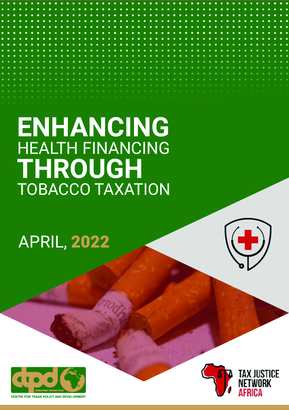Enhancing Health Financing through Tobacco Taxation

Zambia continues to face major challenges in financing healthcare, worsened by the COVID-19 pandemic, which exposed the fragility of already underfunded health systems in Sub-Saharan Africa. With high incidences of HIV/AIDS, malaria, tuberculosis, and a rising burden of non-communicable diseases, the demand for resources remains critical. Despite commitments under the Abuja Declaration, Zambia’s health allocations have consistently fallen below the 15% target, averaging around 8–9% of the national budget in recent years. Reliance on external funding further threatens sustainability as the country transitions to lower middle-income status.
Against this backdrop, innovative domestic financing sources are essential. One such opportunity lies in Zambia’s tobacco industry, which employs over 50,000 farmers and contributes significantly to exports and manufacturing. The establishment of cigarette processing plants has expanded production, positioning tobacco as a growing industry. This study explores how tobacco taxation can be optimized to strengthen health financing. It reviews Zambia’s current tax structure, international best practices, and proposes reforms that can both generate additional revenue and reduce health risks linked to rising tobacco consumption, particularly among youth.
